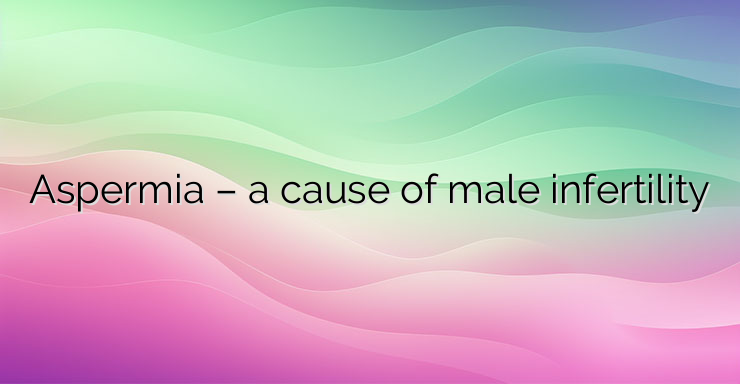Aspermia is a condition in which men do not produce sperm. This is different from azoospermia, which is a lack of sperm in the semen. Aspermia is widely associated with male infertility. In this condition, men usually reach orgasm and experience the sensation of ejaculation, but do not actually ejaculate sperm. Normally, in men who are fertile, there is a constant production of sperm cells from the testicles. These cells are stored in the epididymis and are released every time a man reaches orgasm and ejaculates. There are two known causes of aspergia: retrograde ejaculation (semen flows into the bladder rather than outside the body, via the urethra and penis) and obstruction of the ejaculatory duct. NEWS_MORE_BOX Aspermia Symptoms Infertility; Lack of ejaculation during orgasm; Unclear urine after intercourse; Blood in the semen (if present) or in the urine; Pain in the scrotum; Urinary pain; Genital pain. Other symptoms vary depending on the underlying disease. Therapies Oral therapy: This helps the bladder to contract during ejaculation, thus allowing sperm to flow directly into the urethra. The goal of the medication is to restore the function of the damaged nerve that causes the condition. Assisted reproduction: This procedure is performed when affected men want a child. Options include Intrauterine Insemination, In Vitro Fertilization, ICSI, and more. Surgical: A surgical procedure is only performed if the condition cannot be treated with medication and/or other adjunctive therapy. Complications Aspermia, once treated and detected in time, will not lead to complications. Early detection and treatment of underlying causes is the key to preventing complications. The most significant complication of aspermena is male infertility. Despite the sterility, affected men can still have children and live normal lives because their sperm can be stored for sperm for future use through assisted reproduction.


Leave a Reply